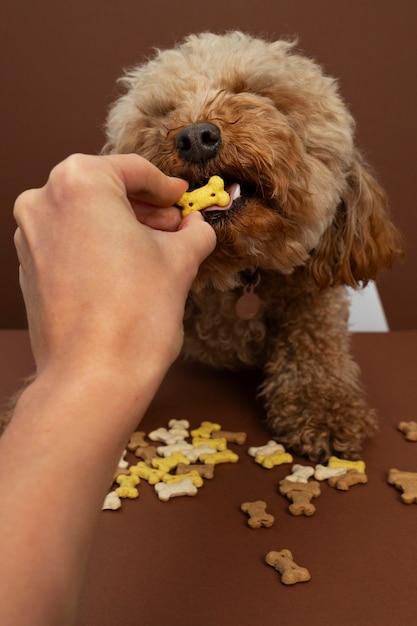

What Happens When a Dog Eats Yeast
I used to joke about my old dog Carter’s love for carbs—he’d always pick a dinner roll over a slab of meat any day. But this affection for bread landed him in big trouble about five years ago.
One night, Carter managed to swipe some pizza dough off the counter without making a sound. It was in a hefty 5-pound glass bowl behind the coffee maker. By the time I noticed, he had eaten quite a bit of it, equivalent to several softballs. We rushed to the emergency vet, and luckily, he was fine. But it was a stern lesson on how dangerous yeast can be for dogs.
Why Eating Yeast is Dangerous for Dogs
If you bake often, you probably have some dry yeast packets in your kitchen. While great for bread, yeast is highly toxic to dogs and can pose life-threatening risks.
When dogs consume yeast, the major health concerns are bloat and alcohol poisoning. Yeast expands in warm, moist environments like a dog’s stomach, leading to increased pressure and size. This can result in bloat, or Gastric Dilatation Volvulus (GDV), a rapidly progressing and life-threatening condition.
The Risks of Yeast Consumption
During the fermentation process, yeast produces ethanol, which can get absorbed into your dog’s bloodstream, leading to alcohol poisoning. Both bloat and alcohol poisoning from yeast are serious and require immediate medical attention.
When a dog eats yeast, it continues to grow inside them, making their stomach expand significantly. GDV is a medical emergency, and even with treatment, the fatality rate can be as high as 25-33%.
Symptoms of Bloat in Dogs
If your dog eats yeast, watch for these signs of bloat:
– Bloated abdomen
– Drooling
– Anxious or restless behavior
– Attempts to vomit
– Heavy or rapid panting
– Shallow breathing
– Pacing
These symptoms can be easily mistaken for general distress, but due to the severity of bloat, it’s crucial to take your dog to the vet immediately. There are no home remedies for bloat; only immediate veterinary care can save your dog’s life. If untreated, the dog’s stomach might twist, causing severe complications, shock, and even death within hours.
The key to a favorable outcome is quick treatment. So, if you ever suspect your dog has ingested yeast, don’t delay—head to the vet right away.





